Mastering the FRCophth Examination: Insights and Strategies
Mastering the FRCophth Examination: Insights and Strategies : Preparing for the FRCophth examination can be one of the most challenging yet fulfilling experiences in an ophthalmologist’s career. As a significant postgraduate qualification from the Royal College of Ophthalmologists (RCOphth), the FRCophth Part 1 and Part 2 exams assess not only your theoretical knowledge but also your practical decision-making abilities, clinical competencies, and preparedness for specialist training. Whether you are beginning your journey or retaking the exam, this 2025 guide serves as your essential resource.
In this comprehensive article, we analyze every facet of the FRCophth exam, providing effective strategies, selected resources, and practical advice to assist you in achieving success.
🔍 What Is the FRCophth Examination?
The Fellowship of the Royal College of Ophthalmologists (FRCophth) serves as a standard professional qualification for ophthalmology trainees and specialists within the UK. It is divided into two main stages:
- FRCophth Part 1: Concentrates on fundamental sciences pertinent to ophthalmology, encompassing anatomy, pathology, optics, and physiology.
- FRCophth Part 2 (Written + OSCE): Emphasizes clinical knowledge, diagnosis, patient management, and communication skills.
Obtaining fellowship status through this examination is essential for career advancement and acknowledgment both in the UK and globally.
📚 Exam Format Overview
FRCophth Part 1
- Format: Two papers consisting of 90 multiple-choice questions (MCQs) each.
- Duration: 2.5 hours for each paper.
Topics Covered:
- Anatomy
- Physiology
- Optics and Refraction
- Pathology and Microbiology
- Pharmacology
- Investigative Techniques
FRCophth Part 2 Written
- Format: Two papers featuring MCQs and Extended Matching Items (EMIs).
- Focus: Clinical ophthalmology, diagnosis, investigation, and patient management.
FRCophth Part 2 OSCE (Objective Structured Clinical Examination)
- Format: Practical evaluation of clinical skills and communication.
Stations may include:
- Patient consultation
- Refraction
- Interpreting images
- Ethics and consent
🎯 Key Strategies for Success
1. Start Early, Study Smart
Commence your preparation at least 6–8 months prior. Divide your schedule into concentrated segments:
- Basic Sciences (for Part 1)
- Clinical Cases & Guidelines (for Part 2)
- Utilize spaced repetition tools such as Anki to strengthen long-term memory.
2. Know the Blueprint
Adhere closely to the Royal College’s curriculum. Download and review their syllabus — this will assist you in concentrating on high-yield areas.
3. Practice Past Questions Religiously
Engaging with past questions from reputable banks such as:
- FRCophth Questions
- Cambridge Ophthalmology
- OphthoQuestions
…is essential for grasping exam patterns and managing time effectively.
4. Master Optics Early On
Optics is among the most challenging subjects in Part 1. Resources like Chua’s Optics Made Easy or the Oxford Handbook of Ophthalmology can clarify the physics of lenses and refraction.
5. Join a Study Group
Collaborating with peers to discuss cases, quiz one another, and exchange mnemonics can serve as a significant motivator. Seek out WhatsApp groups or Telegram communities specifically designed for FRCophth.
🔥 Top Resources for FRCophth Preparation
Below are the most efficient tools and platforms for your preparation:
📘 Books:
- Oxford Handbook of Ophthalmology
- Basic Sciences in Ophthalmology by John Ferris
- Chua’s Optics
- Clinical Ophthalmology: A Systematic Approach by Kanski
💻 Online Platforms:
- Cambridge University FRCophth Prep
- ReviseFRCophth
- Eyetools
- Geeky Medics (for OSCE practice)
📱 Mobile Apps:
- BMJ OnExamination
- Anki (for flashcards)
- Pastest
🧠 Memory Aids & Mnemonics
Mnemonics assist in simplifying intricate topics:
- CN3 functions – “SO4, LR6, All the rest by CN3”
- Eye layers – “Never Let Monkeys Eat Bananas” (from cornea to retina)
Employ vibrant diagrams, memory palaces, or storytelling methods to improve retention.
🧪 Preparing for the Practical (OSCE)
✅ What to Focus On:
- Taking a succinct patient history in under 5 minutes.
- Managing challenging consultations with empathy and clarity.
- Executing precise slit-lamp or fundoscopy examinations.
🧑⚕️ Mock OSCEs:
Participate in mock OSCEs arranged by local deaneries, online instructors, or global FRCophth communities. In certain countries, the British Council also facilitates in-person mock sessions.
💡 Exam Day Tips
- Ensure you get a good night’s sleep prior to the exam.
- Arrive at the testing center ahead of time.
- Manage your time effectively on questions – avoid spending too long on difficult ones.
- Employ an elimination strategy to discount incorrect MCQ options.
- Maintain composure during OSCEs – take a moment to breathe and refocus at each station.
📆 Sample Study Schedule (6 Months Plan)
Month Focus
- Anatomy, Physiology, Optics
- Pathology, Microbiology, Pharmacology
- Mixed Questions, Timed MCQs
- Mock Exams, Review of Weak Topics
- OSCE Preparation, Communication Skills
- Final Review, Rest, and Building Confidence
🌍 International Candidates: Tips & Notes
- Verify the eligibility requirements and locations of exam centers.
- IELTS/OET may be necessary for GMC registration after passing the exam.
- Plan your travel well in advance; FRCophth is available globally in places such as the UK, India, UAE, and Hong Kong.
✅ Common Mistakes to Avoid
- Last-minute cramming – This results in poor retention of information.
- Overlooking the fundamentals – Even clinical exams assess basic knowledge.
- Disregarding OSCE practice – Many individuals fail despite having strong theoretical knowledge.
- Utilizing too many resources – Focus on a select few high-quality materials.
🧭 Final Thoughts: Is It Worth It?
Certainly. While the FRCophth exam is indeed demanding, it represents a prestigious achievement that enhances your credibility and paves the way for consultant roles, advanced training positions, and international prospects.
This examination is not solely about passing — it is about evolving into a superior ophthalmologist. With adequate preparation, appropriate resources, and determination, you will not only pass — you will thrive.
❓ Frequently Asked Questions (FAQ)
1. What is the FRCophth exam?
The FRCophth (Fellowship of the Royal College of Ophthalmologists) is a postgraduate qualification in ophthalmology offered in the UK. It comprises two parts — Part 1 emphasizes basic sciences, while Part 2 includes written assessments and OSCE components that evaluate clinical and practical skills.
2. Who is eligible to take the FRCophth exam?
To qualify for Part 1, you must possess a medical degree. For Part 2, it is necessary to have passed Part 1 and completed at least 18 months of ophthalmology training or possess equivalent experience.
3. How often is the FRCophth exam conducted?
Typically, the exam is administered 2–3 times annually. You can find the most current exam dates and deadlines on the Royal College of Ophthalmologists’ website.
4. What are the best books for FRCophth preparation?
Recommended literature includes:
- Oxford Handbook of Ophthalmology
- Chua’s Optics
- Basic Sciences in Ophthalmology by John Ferris
- Clinical Ophthalmology by Kanski
5. How should I prepare for the OSCE part of the exam?
Concentrate on:
- Clinical examination techniques (slit-lamp, fundoscopy)
- Communication and ethics scenarios
- Refraction skills
- Mock OSCE sessions and practice stations
6. Are there any official past papers or question banks available?
- Indeed, many candidates utilize:
- FRCophthQuestions.com
- Cambridge Ophthalmology
ReviseFRCophth
These resources provide practice MCQs and EMIs that closely resemble the actual exam.
For More Information
Visit Us : https://royalcollegeexamscertification.com/
Email : Kimlurence@gmail.com
Contact : +44 7706223505
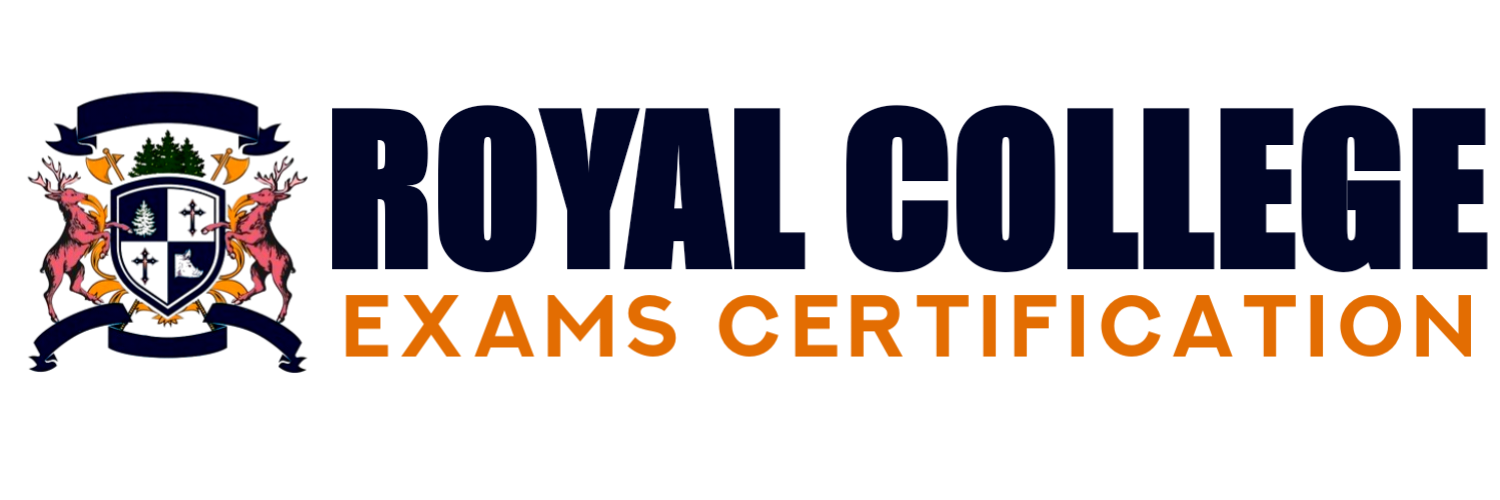

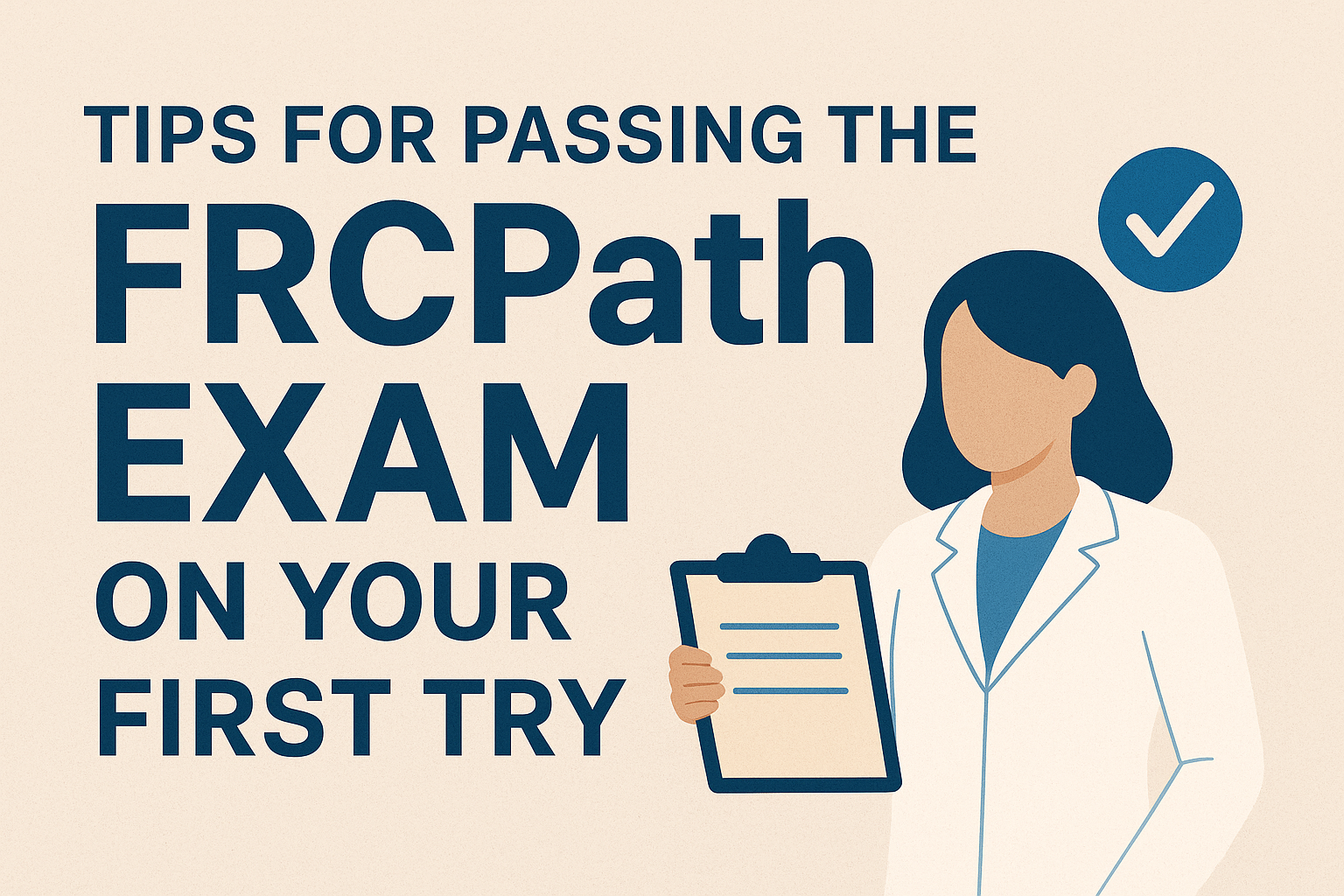
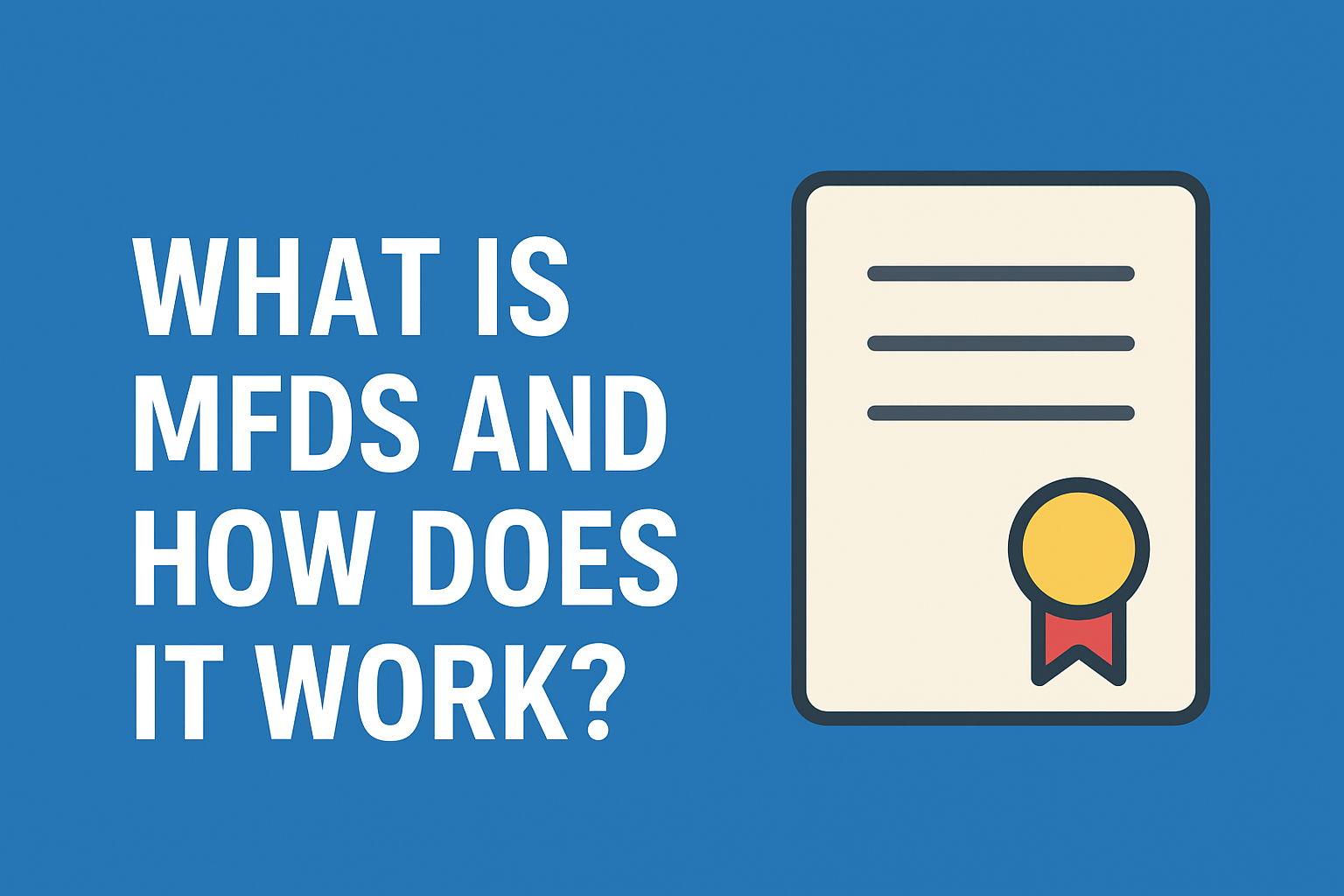
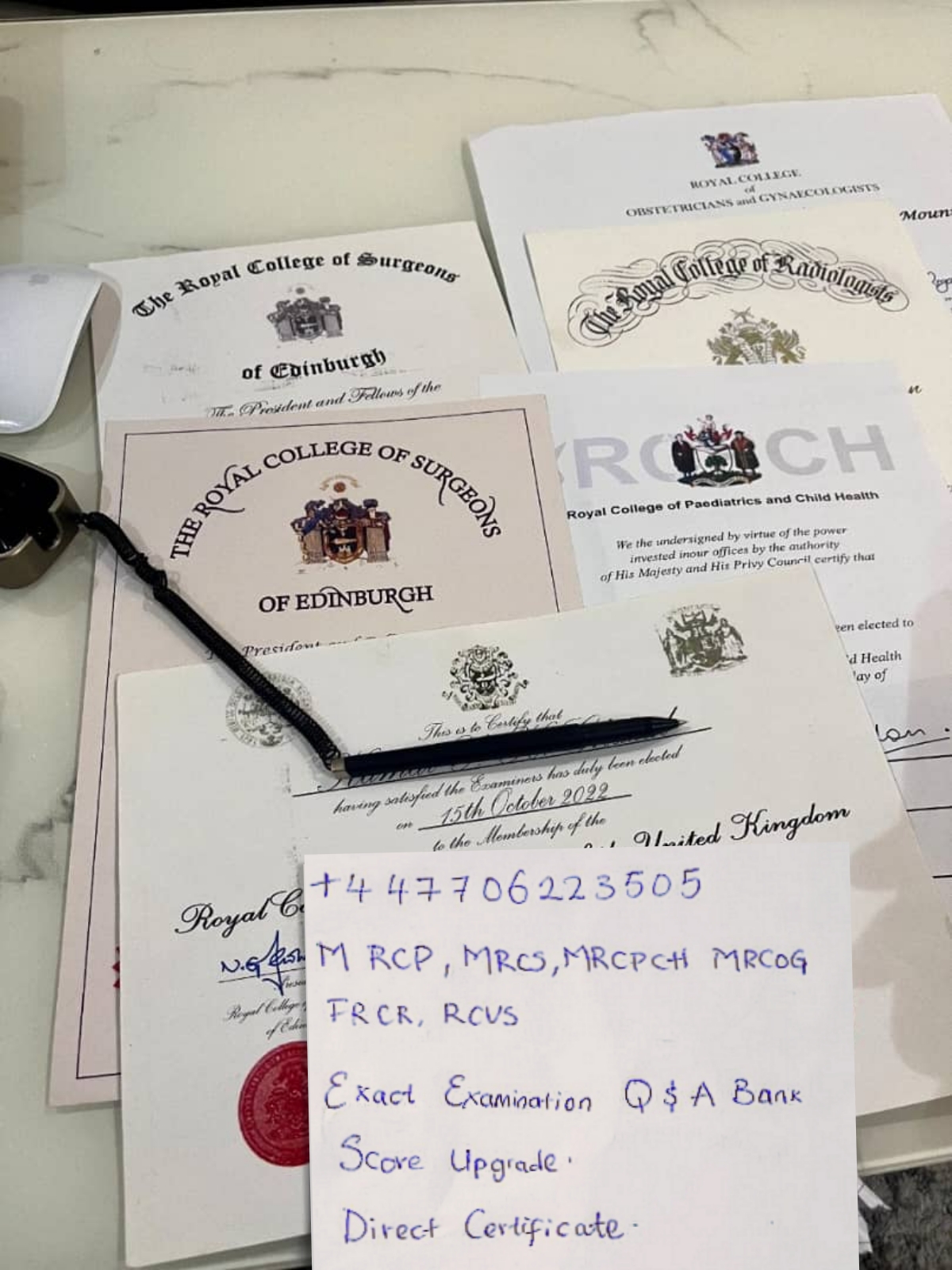
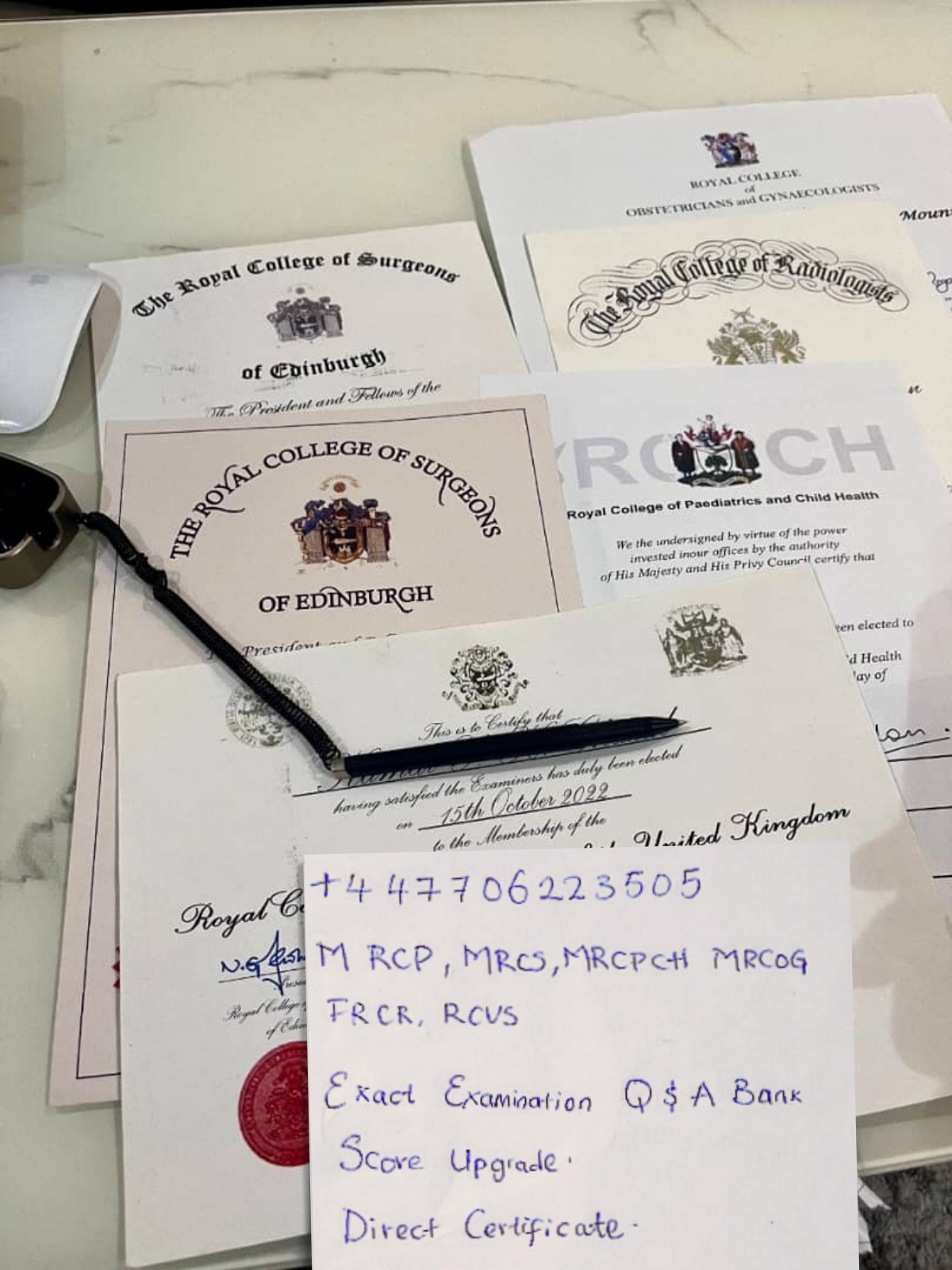



2 Responses
This guide is exactly what I needed! As an MRCP Part 1 candidate, the structured breakdown and study tips are incredibly helpful. Thank you!
Great to see all the Royal College exams covered in one place. The recommended books and online platforms list is 🔥